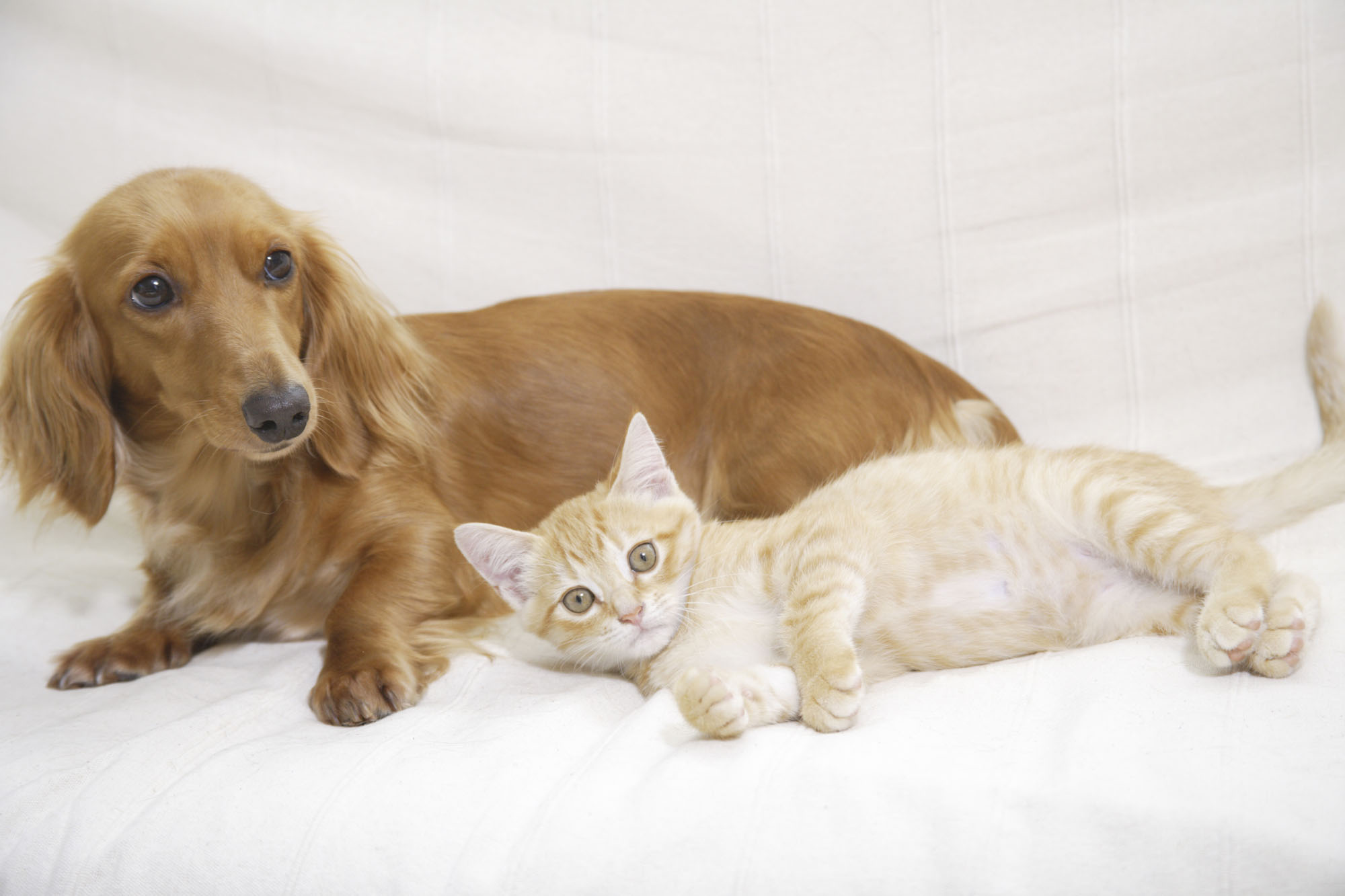If there is one question that is truly universal among pet-loving cultures it would be this: あなたは猫派?犬派?(Anata wa neko-ha? Inu-ha? Are you a cat person or a dog person?) Or, more simply, you could rephrase the question as, 猫と犬とどっちが好き? (Neko to inu to docchi ga suki? Which do you like better, cats or dogs?) Based on the latest statistics for pet ownership, it would seem that the 猫派 enjoy a slight edge, since the number of pet cats in Japan has outnumbered that of dogs since 2017.
The Japanese ペットブーム (petto būmu, pet boom) is said to have kicked off in earnest in 2003, when the combined total of pet dogs and cats outnumbered children under 16 for the first time. In fact, many 飼い主 (kainushi, pet owners) refer to their beloved animals as うちの子 (uchi no ko, our child). For example, the other day my neighbor remarked that she was worried because "うちの子は最近あまり元気がない" (Uchi no ko wa saikin amari genki ga nai, Our child isn't very energetic these days.) She wasn't referring to one of her sons, but to the family's elderly toy poodle and so she was planning to consult the 獣医 (jūi, veterinarian) at the local 動物病院 (dōbutsu byōin, animal clinic).
There are specific gender terms for animals, too: メス (mesu, female) and オス (osu, male), but owners will typically use 女の子(onna no ko, girl)and 男の子 (otoko no ko, boy) when referring to them. In fact, many people will add the diminutive term "ちゃん" (chan) to the end of their pet's name, especially if they are raising a 子猫 (koneko, kitten)or 子犬 (koinu, puppy). When I take one of my three fat 猫 to the vet, the staff add "chan" to their names, too.



















With your current subscription plan you can comment on stories. However, before writing your first comment, please create a display name in the Profile section of your subscriber account page.